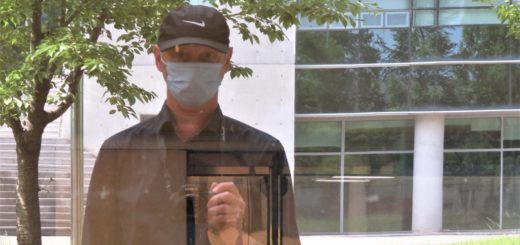Theory of Recollection
You cannot do what you have never attempted. You cannot attempt what you have never imagined. You cannot imagine what you have never seen. You cannot see what your faculties have never sought out. You cannot seek out what you have never desired. You cannot desire what you have never thought of. You cannot think of what you have never experienced. You cannot experience what you have never done. You cannot do what you have never attempted.
Humans participate — or, more often, fail to participate — in a cycle of being, desire, and learning. At each step along the arc, choices are required. This is our distant approximation, our imitation, of the divine mind, which abides in thought alone. Our material nature precludes both a god’s purity and eternity of activity. Hence, our need to develop by means of the body’s potentialities — the body as the means, not the end. And hence the necessary impermanence of the development, and the imperative to restart the process repeatedly — although restarting, in the strictest sense of the term, appears to be logically impossible, from which one might reasonably speculate that the process can have no beginning and no end.
Plato’s so-called “theory of recollection,” treated in modern times as a quaint relic of pre-scientific thought, is in fact an ingenious means of highlighting the essential mystery of learning, and of the role of desire in intellectual development — the sort of questions we moderns have conveniently expelled from our thinking, because such questions are too difficult for us, too incommensurable with our tidy notions of scientific certainty.



